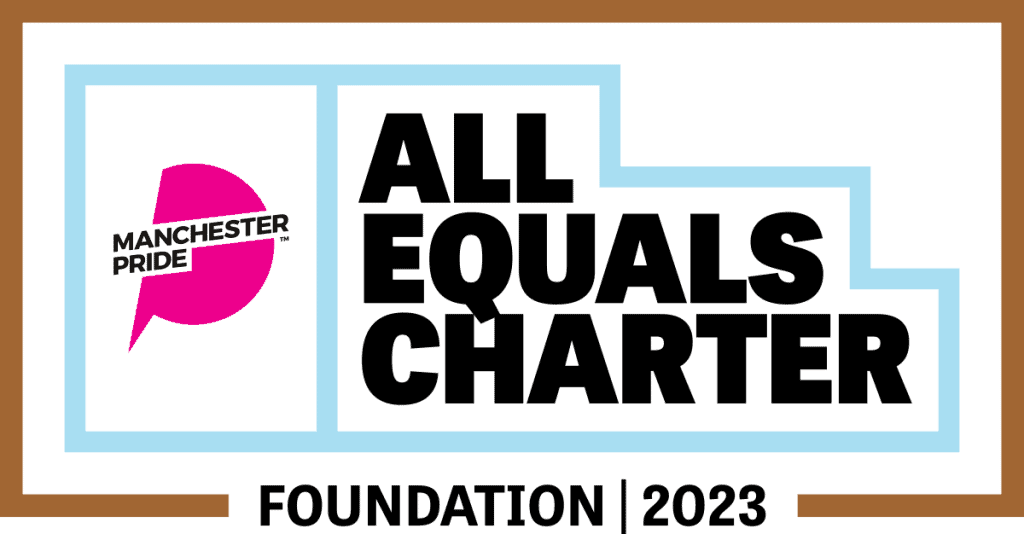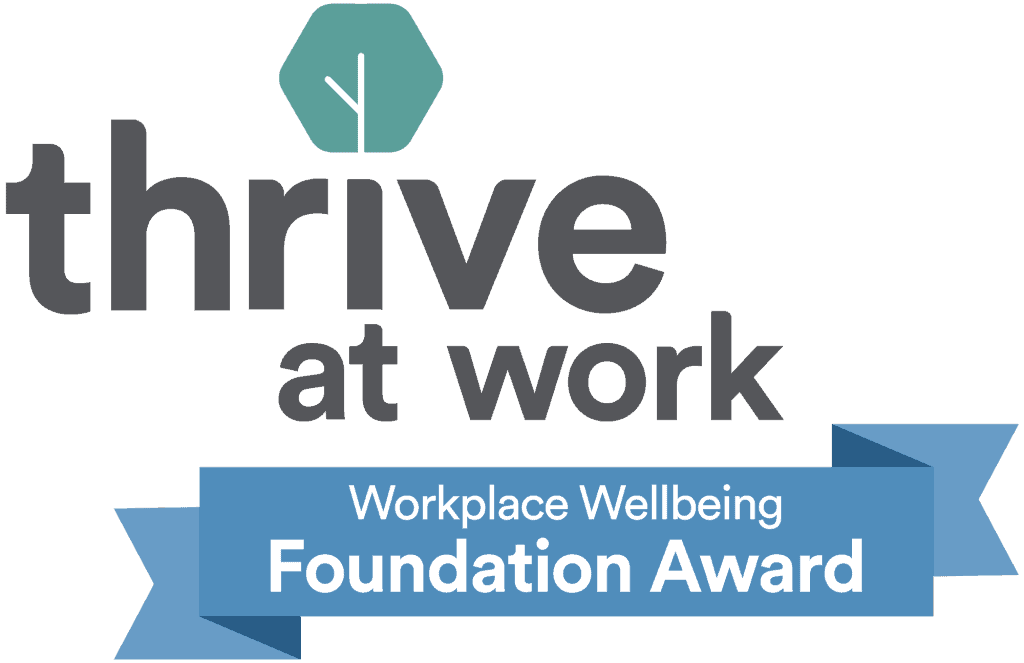Grants are available for local authorities, charities and community groups in England to commemorate, celebrate and educate people about the history of the MV Empire Windrush and the contribution of the Windrush generation and their descendants.
The Windrush Day Grant Scheme is part of the Government’s work to create more resilient communities, where different religions, cultures and opinions are celebrated, underpinned by a shared set of values that champion tolerance, freedom and equality of opportunity.
For 2025, the focus is on bringing communities together – across different ages and ethnic backgrounds – to commemorate, celebrate, and educate their local area about the contribution of the Windrush generation and their descendants across the United Kingdom.
The budget for 2025 is £500,000.
The following grants are available:
- Tier 1: smaller projects between £5,000 and £24,999.
- Tier 2: larger projects between £25,000 and £50,000.
There is a limited budget for Tier 2 projects. Proposals seeking more than £25,000 may be invited to present on their projects to the grants committee.
Applicants seeking funding of less than £5,000 should contact their local authority or council for voluntary service (CVS) to explore the possibility of inclusion in a larger bid.
Organisations are encouraged to seek match funding where possible.
Organisations are eligible to apply if they fit into one of the following three catgories:
- They are registered
- Charities
- Exempt charities
- Community interest companies/Community Interest Organisation
- Social enterprises
- Community benefit societies
- They meet all the following criteria as demonstrated by submitting additional supporting documents:
- They are established for charitable, benevolent or philanthropic purposes
- They have a governing body with at least three members
- They have a governing document which they can produce
- They can provide accounts demonstrating good financial health across both of the last two financial years
- They are a local authority.
Local authorities may include a county council; a district council; a parish council; a combined authority; a London borough council; or another organisation set out in Section 33(1) of the Local Government Act 2003. Schools, libraries and other local authority organisations are encouraged to submit bids in conjunction with their local authority.
Proposals that are led by local councils should demonstrate that the proposal has been developed with the Windrush generation and their descendants, and local community organisations.
Consortium bids will be considered.
22 June each year marks National Windrush Day and projects must include a lead event or activity on this date.
All further events and activities must take place before 30 September 2025.
Funding for unique and exciting proposals that engage with the Windrush story and Windrush communities in powerful, enterprising, and thoughtful ways. Groups should demonstrate how their project will work with local community partners.
Projects should primarily focus on at least one of the following overarching aims of the scheme:
- To educate people about the Windrush story.
- To foster a greater sense of national pride and recognition of the historic and ongoing contributions made by the Windrush generation and their descendants to UK society.
- To develop the skills and entrepreneurial ambitions of young people.
- To celebrate and commemorate the continued contributions of the Windrush generation to the UK.
In addition, all proposals should have the following aim:
- To be community-led and have a positive social impact. Projects should be developed by, or with, the Windrush generation and their descendants, and organisations should carefully consider how the project will create a positive social impact in their local area, and help to galvanise communities to work together to embrace positive aspects of their shared identity
Proposed projects should achieve all of the following outcomes:
- Greater community cohesion: projects should encourage communities to work together across generational and social divides.
- Have a lasting impact beyond the funding period: this could be through forming new partnerships or producing assets that can continue to be shared in the future, such as videos and stories from elders.
- Increased acknowledgment of the contribution of the Windrush generation and their descendants: projects should be better enable education about the Windrush generation’s contributions to UK society, as well as wider contributions made by their descendants to UK communities.
The following are illustrative examples:
- Bring together local partners and communities to create a unique project.
- Run a scheme that supports young people to improve their academic, vocational or entrepreneurial skills – and demonstrate how the scheme has made an impact.
- Deliver a high-quality artistic performance or series of performances that celebrate the Windrush legacy.
- Run novel activities in partnership with local schools, for example, through assemblies, workshops, educational trips, and project work.
Project events and activities taking place after 22 June 2025 must demonstrate one or more of the following:
- Clearly demonstrate how a proposal can help build community cohesion between people of different age groups and ethnic backgrounds.
- Have a lasting social impact beyond the funding period.
- Help develop the educational and entrepreneurial skills of young people across this period.
This year, groups are encouraged to set out manageable deliverables in their proposals, will need to ensure that their organisation can keep to their proposed delivery timetable, and that they are able to commit to providing regular updates on their progress, including but not limited to project monitoring, evaluation form and participant feedback forms etc.
The deadline for applications is 25 November 2024 (23:59).
Bidders workshops will take place on the following dates:
- 14 October 2024 (12:00 – 13:00) – Online.
- 15 October 2024 (10:30 – 12:00) – The Foundry, 17 Oval Way, London (SE11 5RR).
- 16 October 2024 (18:30 – 19:30) – Online.
- 22 October 2024 (18:30 – 19:30) – Online.
- 24 October 2024 (12:30 – 13:30) – Online.
Applicants will be notified of any decisions made in March 2025.





